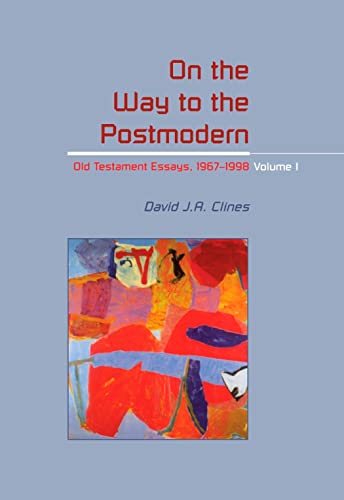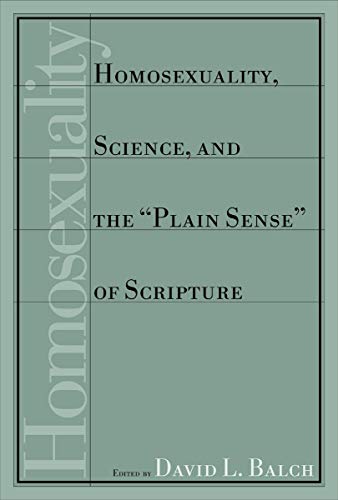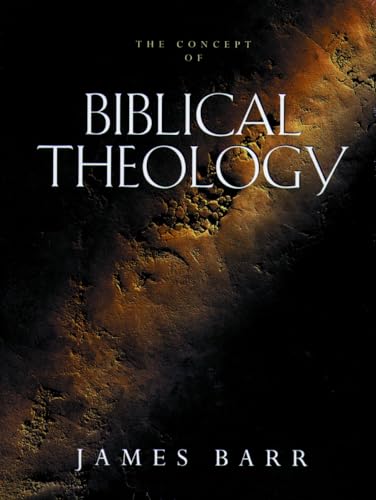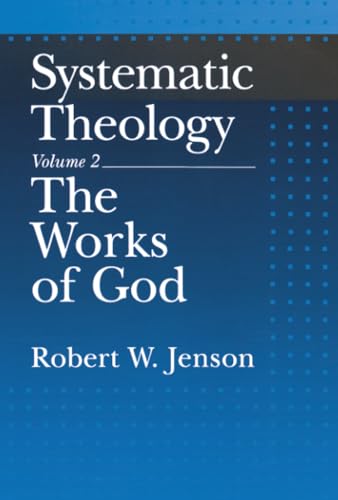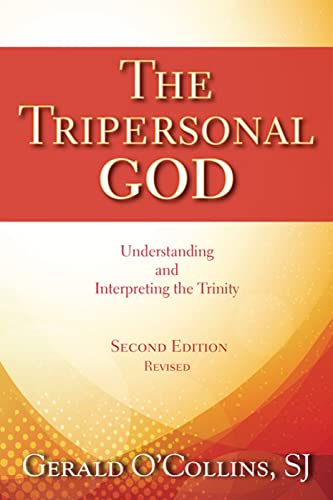On the Way to the Postmodern: Old Testament Essays, 1967–1998, Volume II (JSOTSup. 293)
Written by David J.A. Clines Reviewed By Deryck SheriffsAt my age, this collection of essays classifies as the cult of nostalgia and deserves viewing time alongside the TV documentaries that chronicle the Woodstock generation and what came next. The difference is that biblical studies has taken a little longer than the Swinging Sixties for dressing up in ever more colourful and trendy gear, but as The Full Monty recently demonstrated, good things may come from Galilee, or in this case Sheffield, and I for one have inhaled and had my head expanded by these essays, either previously or as topped up now. On the other hand, my pleasure may be because this collection majors on close readings of the text or matters etymological in rather an undeconstructed and ‘on the way’ mode than representing the contemporary Clines at work. Compare, for instance, ‘Universal Dominion in Psalm 2?’, which is a non-earth shaking semantic study with the contemporary concerns of ‘Psalm 2 and the MLF (Moabite Liberation Front)’ in the 1995 Rogerson Festschrift, The Bible in Human Society. The MLF piece is incisive in a closer-to-the-bone manner, and more stimulating for that.
I’m sure there’s an inside story that should accompany this volume. It only peeps through between places of original publication such as The Christian Brethren Research Fellowship and Australasian Pentecostal Studies. The 1998 volume from the Department of Sheffield’s Jubilee, Auguries, fills a few gaps. A much better introduction to Clines at the turn of the century is the 1997 slim and roistering volume The Bible and the Modern World which deals with the Bible and the academy, culture, the public and the church. Biblical scholarship is still teetering between the myth of objectivity and the endorsement of subjectivity; between academic anonymity and personal disclosure. These days we know that we should pay attention to the social location of the author and to the power relations and implicit ideologies in everything, so it’s really not enough to go on to have these essays collected in a book. It’s the work; but what of the man? Clines’ body of work would certainly have come out differently if he had spent the last thirty years in South Africa instead of Sheffield, or if he himself had taken a different ecclesiastical and spiritual journey. The issues of market place and consumer, and of legitimating faith community are ones that Clines himself rightly raises, but elsewhere. Wherever one stands, though, or whatever one’s tastes, the essays in this volume are authentically butter not margarine. Your library should have it. When it does, then the very useful complete Bibliography of Clines’ writings given at the back will enable you to trace material of his that you might have missed and that is not included here. Clines is someone to learn from and interact with—whether readers make meaning or not.
The articles are organised under five headings: Theology (6 items), Language (6), Psalms (5), Job (9), plus two fun pieces on Little Bo Peep and Winnie the Pooh. Each year I refer my students to a number of favourites from among this collection—for instance, ‘Humanity as the Image of God’, ‘The Theology of the Flood Story’, and ‘The Tree of Knowledge and the Law of Yahweh’ (Ps. 19). These have not dated, and seem as sharp as ever.
Is there something here for everyone? Almost. If you don’t have Hebrew at your fingertips, but use a Hebrew dictionary, then you could vicariously enjoy the bloodletting over Hebrew and Semitic cognates involving Godfrey Driver, Winton Thomas, James Barr, Emerton and Dahood. If you don’t already own the Word volume on Job 1–20, the nine essays here may convince you to buy it.
Deryck Sheriffs
London School of Theology


